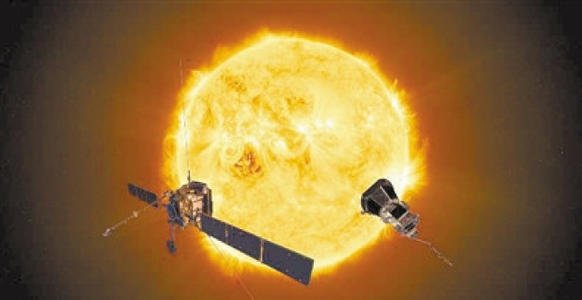Chinese president Xi Jinping has stressed resolutely winning the people's war of epidemic prevention and control with firmer confidence, stronger resolve and more decisive measures.
He made the remarks while inspecting the novel coronavirus pneumonia prevention and control work in Beijing.
He inspected the Beijing Ditan Hospital, a designated institution treating the novel coronavirus pneumonia, on Monday afternoon.
The Chinese leader learned about the treatment of infected patients and made video calls to hospitals in Wuhan receiving patients with severe conditions.
Hubei Province is at the center of the outbreak.
Xi Jinping says Hubei and its provincial capital city Wuhan are the top priority for the epidemic prevention and control.
He also heard reports from the central guiding team in Hubei Province and the provincial headquarters on the prevention and control of the epidemic.
China and the World Health Organization will form a joint expert team to conduct in-depth discussions on and evaluations of the novel coronavirus epidemic and the containment.
The National Health Commission says the experts will provide suggestions on joint prevention and control of the coronavirus outbreak in China and other affected countries.
An advance team of the WHO is scheduled to arrive in Beijing Monday to discuss related arrangements with the Chinese side.
The Chinese Foreign Ministry says 27 foreign nationals have been diagnosed with novel coronavirus in China by Monday.
Three of the foreign nationals have been cured and discharged from hospital, two have passed away, and 22 others are isolated in hospitals.
Foreign Ministry spokesperson Geng Shuang says the two fatalities are a Chinese American and a Japanese national, both of whom died in Wuhan, Hubei Province.
He says medical staff did their utmost to treat the two individuals, and the Chinese side has been in contact with their bereaved families.
He says the United States and Japan have been notified of the deaths through diplomatic channels, adding that China will offer necessary assistance.
The Asian Infrastructure Investment Bank says it stands ready to support China through loans to meet the country's public health needs.
The bank says it has been in active discussions with Chinese authorities to strengthen the emergency public health infrastructure in China.
AIIB President Jin Liqun says the bank also looks forward to working with other multilateral development banks as well as private partners to bolster the ability to respond to and deal with epidemics.
Large-scale traditional religious activities during the Tibetan New Year, which falls on Feb. 24, will be suspended this year in Lhasa, capital of southwest China's Tibet Autonomous Region.
The Buddhist association of Lhasa said the act was proposed by monasteries in the city and aims to protect people's health and avoid the risk of cross-infection caused by gatherings.
Other religious activities such as praying for the Tibetan New Year will be held inside monasteries in Lhasa, but the time will be shortened and the scale downsized.
As of Sunday, Tibet had reported one confirmed case of novel coronavirus pneumonia.
China's consumer price index, a main gauge of inflation, rose 5.4 percent year on year in January.
The increase was up from 4.5 percent for December.
The National Bureau of Statistics says the hike was mainly driven by the effect of Spring Festival holiday and the novel coronavirus pneumonia epidemic.
Food prices grew 20 percent year on year last month, up from 17 percent in December.

Europe and NASA's Solar Orbiter rocketed into space Sunday night on an unprecedented mission to capture the first pictures of the sun's elusive poles.
The 1.5 billion US dollars spacecraft will join NASA's Parker Solar Probe in coming close to the sun in order to unveil its secrets.
Solar Orbiter Project Scientist Daniel Muller:
"And so the Orbiter will be the first time that we send a satellite out to take images of the sun's poles. And in addition, getting the first ever data off the polar magnetic field. And we believe that this really holds the keys to unraveling the mysteries of the sun's activity cycle."
NASA says that at its closest approach, Solar Orbiter will be about approximately 42 million kilometers from the Sun.
Scientists say solar Orbiter will maneuver into a unique out-of-plane orbit that will take it over both poles, never photographed before.












